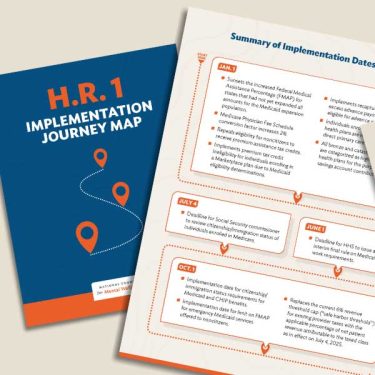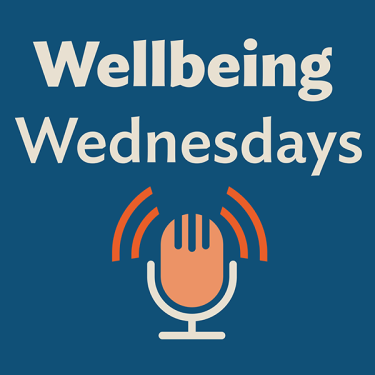The crisis in mental health and substance use care isn’t just about rising need — it’s also about families having to fight for treatment their loved ones are legally owed. Every year, millions run into the same devastating barrier: an insurance denial declaring essential care “not medically necessary.” And too often, families must navigate that battle alone.
That’s the reality that pushed advocate Joe Feldman to act. After his child was denied coverage for residential treatment, he fought back — and won. Then he used what he learned, launching CoverMyMentalHealth.org, a website of resources to help families and clinicians navigate insurance denials with clarity and confidence.
Feldman told us about his fight and his solution in Denied But Not Defeated: Turning Insurance Battles Into Advocacy, a Wellbeing Wednesdays episode. Here are five key insights from our conversation with him about insurance appeals:
Insurance appeals denials are widespread — and families often feel powerless.
Private insurers issue an estimated 15-22 million mental health denials every year. Most families don’t know they can appeal, let alone how to start. Feldman said, “[It’s] far too common of an experience, and one people shouldn’t face alone.”
Parity laws help, but they’re not enough.
The Mental Health Parity and Addiction Equity Act raised expectations but enforcing it is still challenging. He explained, “It doesn’t mandate coverage — it mandates comparable coverage,” leaving gray areas insurers can exploit.
The Medical Necessity Letter Template works.
Feldman’s most-used resource helps clinicians translate their clinical expertise into the legal language insurers require. “Clinicians aren’t trained in the legal definition of medical necessity,” he said. “This template gives them a jumpstart.”
Clinicians want to support families — they just need tools.
Feldman’s website offers quick, practical aids like a one-page patient handout and webinars. He frequently presents to clinical teams nationwide. Feldman said, “Encouragement is the first step. People need to hear they don’t have to take ‘no’ for an answer.”
Showing up for one another is what matters most.
For Feldman, mental wellbeing means being present for family and community, values passed down from his father. That spirit anchors his mission: “If even one person gets care because of our resources, we’ve made a difference.”
Access shouldn’t depend on who can fight the hardest. Creating a better system means standing with families and making sure they receive the care they’re entitled to. For more insights on mental wellbeing, check out other Wellbeing Wednesdays episodes.
Did You Know? Wellbeing Wednesdays is also available on Spotify:


